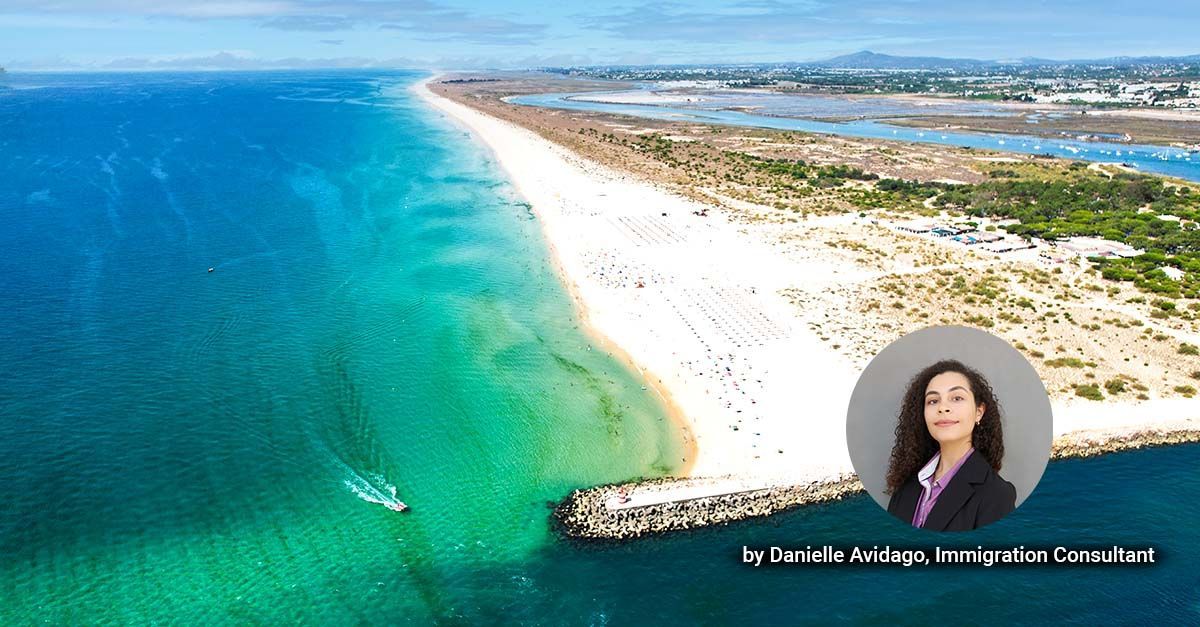Reclassifying Your Business Activities: Key Deadlines and Procedures

Vasco Apolinário Rodrigues | Lawyer
The CAE codes are being updated to reflect new economic activities, with the introduction of CAE Rev. 4, which will come into effect in January 2025. To comply with this change, all businesses must update their CAE codes by 30th November 2024, by completing a mandatory online survey called IRCAE - Inquérito para Reclassificação das Atividades Económicas (Economic Activities Reclassification Survey).
Here’s what you need to know to stay compliant.
In January 2025, the new version of CAE Rev. 4 - the Portuguese Classification of Economic Activities - will come into force. To ensure proper reclassification of economic activities, businesses must complete a mandatory online survey by the end of November. This update is essential to keep up with technological, social, and economic changes that have emerged since the previous classification was established in 2008. The revision will allow for a more precise and detailed categorisation of each country’s economic activities, enabling more accurate data collection.
The importance of CAE codes
The CAE code serves as a registry identifying the industry or sector in which a company operates. It is aligned with the designations of the European Union’s economic activities and plays an essential role in tax classification, allowing the state to identify taxpayers for IRS and IRC purposes. Additionally, the new classification will provide businesses, financial institutions, and public administrations with more reliable and comparable statistical data.
How to update your CAE codes
With the changes coming into effect in January 2025, it is required that all businesses update their CAE codes before the deadline of 30th November 2024. The IRCAE survey allows companies to check their current CAE codes (Rev. 3) and select the appropriate new codes (Rev. 4) that best describe their current business activities.
Why this matters
The transition to CAE Rev. 4 is not just a technical update - it reflects the evolving business landscape. With the rise of new industries and technologies, it is fundamental for businesses to be accurately classified to ensure that their activities are properly represented. This reclassification will enable better planning and analysis, both for businesses and for government entities, and ensure that Portugal remains aligned with the latest European Union standards.
Failure to update CAE codes before the deadline could lead to administrative issues or complications with tax authorities in the future. It is therefore important that businesses take the necessary steps to comply with this update, ensuring a smooth transition to the new classification system.
By updating your CAE codes, you not only comply with legal requirements but also ensure that your business is accurately represented within the evolving framework of economic activities in Portugal.
If you require further information or need assistance with the CAE update process, our team is here to help. We understand that this transition can feel complex, and we are committed to providing the guidance and support you need to ensure a smooth and timely reclassification. Don’t hesitate to reach out for personalised advice or any clarifications regarding the IRCAE survey or the new CAE Rev. 4 codes. Your compliance and success are our priority, and we’re just a call or email away.
© COPYRIGHT 2023 LVP ADVOGADOS, ALL RIGHTS RESERVED PRIVACY TERMS & CONDITIONS LEGAL STATEMENTS











